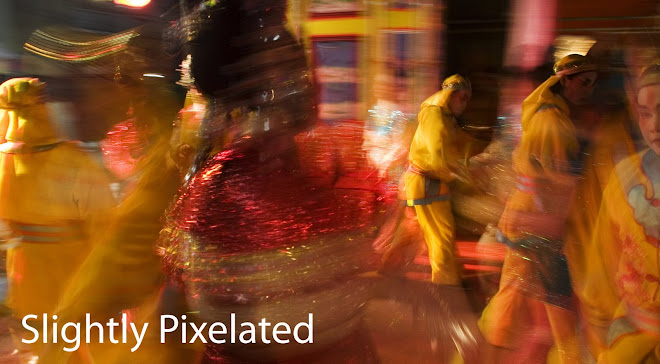
It’s already being called “Black Saturday”.
In a night of chaos and violence, red shirt protesters fought running battles with government security forces, transforming popular tourist areas into virtual war zones.
Clouds of tear gas engulfed troops and protesters as they descended into savagery - using guns, sticks, rocks, grenades, petrol bombs and just about anything that came to hand to shoot, batter and bludgeon their opponents.
Sirens wailed late into the night as over eight hundred injured, some unconscious and soaked in blood, were ferried to nearby hospitals.
When the fighting was done, twenty-one people had lost their lives. And Thailand had finally lost the balance of relative peace it had been struggling for weeks to maintain.
Black Saturday was a tipping point many had predicted and feared.
It was the culmination of rising tensions, of endless streams of propaganda, of cynical manipulation by political leaders and of deep frustrations born out of the inequalities that have become one of the sad hallmarks of Thailand’s boom.
Strangely, however, as Thailand awoke to count the dead and survey the damage, the violence did not seem to have provided the cathartic shock that should have jolted the protagonists to the negotiating table.
In the wake of the worst political unrest for almost two decades, there appeared to be no realization that a repeat of such violence must be avoided at all cost. The mood, sadly, is not yet one of reconciliation.
Instead, the red shirts remained defiantly in control of their protest sites, crowing over their victory, recovering their strength and whipping up their supporters to greater depths of hatred and extremism by parading their dead before angry crowds.
Across the political divide, a procession of government officials took it in turns to explain why their troops, clad in full body armor and equipped with a formidable array of modern weaponry, were unable to quell the red shirts or to clear their protest sites. Bizarrely, their best excuse seemed to be that they were faced with an unruly mob who were breaking the law and had ‘unfairly’ used lethal weapons.
Instead of rushing to avert a repeat of Black Saturday, both sides simply dug-in, trading accusations and re-grouping, perhaps for the next round.
A sense of uncertainty now hangs over the capital. There has, as yet, been no intervention or statement from the Palace. Worryingly, there is no other neutral body or inspirational political leader to whom the Thais can now turn for guidance.
Thailand’s political development appears to have reached a crossroads – with Black Saturday signaling its entry into dangerous and uncharted territory.
Though the rhetoric of democracy is well rooted here, the structures needed to maintain democracy’s imperfect and fragile balance are all but absent.
The State's legitimacy has been eroded, there is no independent judiciary and there are no unbiased sources of information. Thailand’s democracy is being defined by a raw, passionate and increasingly violent struggle for power.
At this crucial juncture there is a danger that if unreasonable hatred is allowed to prevail and if social and economic divisions continue to be exploited for political ends then Thailand, a nation best known for its welcoming smiles, might lurch towards a broader and more damaging civil conflict.

No comments:
Post a Comment